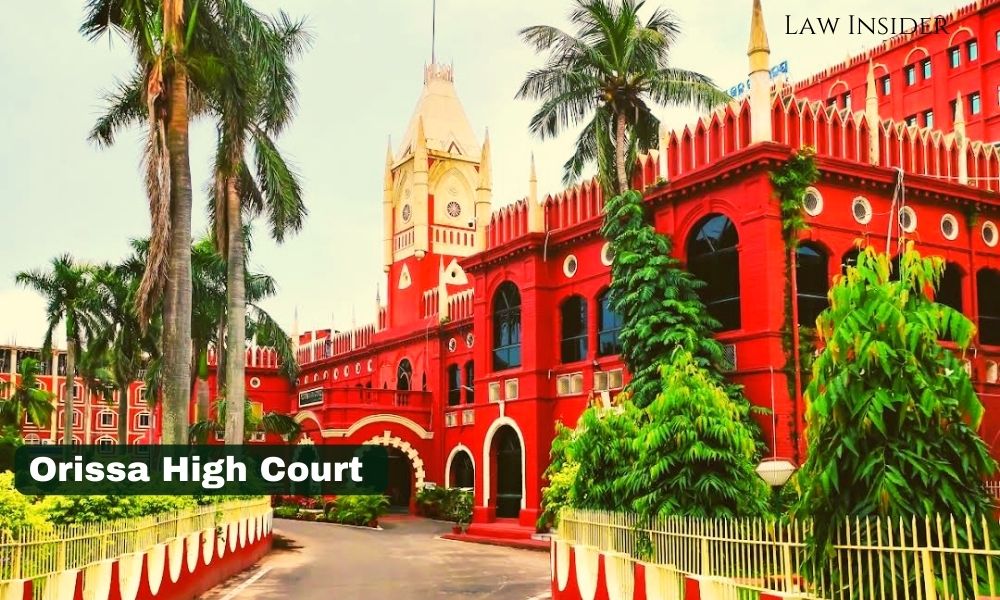LI Network
Published on: February 13, 2024 at 15:48 IST
In a recent verdict, the Orissa High Court, presided over by Justice Sibo Sankar Mishra, has clarified that customers of sex workers cannot be prosecuted under Sections 370(3) and 370A(2) of the IPC for trafficking and sexually exploiting sex workers.
The Court emphasized that such charges are applicable only when evidence exists to prove that customers actively participated in the trafficking of individuals or were aware of such activities.
Justice Mishra, while elaborating on the liability of sex customers, stated, “Though exceptions to the judicial trend of exonerating customers under the Immoral Traffic (Prevention) Act, 1956, are limited, weak evidence alone is insufficient to try customers under the mentioned provisions. Prosecution can only be pursued against the customer if they play a role in procuring women for another person, triggering the offense under Section 370A IPC.”
The case originated from a spa where, unbeknownst to the petitioners, a brothel was being operated under the guise of a spa. During a raid in May 2018, eight young girls, all from Thailand, were found, and subsequent investigations led to the filing of charges under various sections, including Sections 370(3) and 370A(2) of the IPC.
The petitioners, who were customers at the spa, approached the High Court to quash the charges against them, arguing that they were unaware of the illicit activities and had no involvement in the spa’s management. The State contended that charges were rightly imposed, citing prima facie evidence.
The High Court, in its observations, highlighted the lack of recorded statements from the alleged victims and the absence of prosecution witnesses.
The Court noted that without concrete evidence, securing convictions against the customers was impossible. It further emphasized that the petitioners were merely customers and not involved in trafficking women for sexual exploitation.
Referring to judgments from the Karnataka High Court, the Orissa High Court emphasized that engaging in sexual activities for consideration is not illegal per se under the Immoral Trafficking (Prevention) Act, 1956.
The Court clarified that while soliciting or inducing for prostitution is illegal, prostitution itself is not inherently illegal.
In conclusion, the Orissa High Court deemed it appropriate to quash the charges under Sections 370(3) and 370A(2) of the IPC against the appellants.
Case title: Bikash Kumar Jain & Anr. v. State of Odisha

